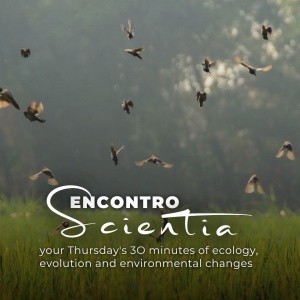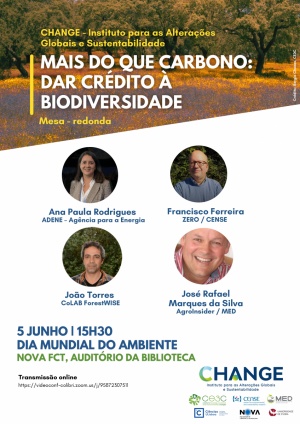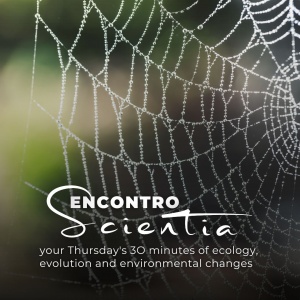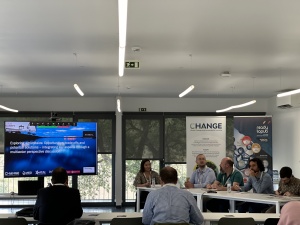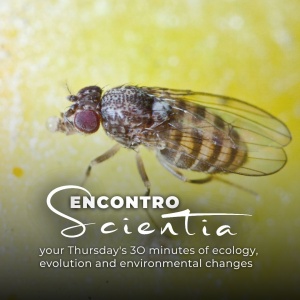Movement ecology of a threatened grassland bird: what can new technologies teach us?
João Paulo Silva
Post-doc Researcher at cE3c (Conservation Ecology Group)
The use of high resolution tracking technologies represent an opportunity to study animals with an unprecedented detail. Besides locational data, recent advances now also allow for the remote study of the behaviour of tagged animals through the use of accelerometers that measure gravitational acceleration as well as inertial acceleration caused by movement. Here we will be looking at two ongoing studies with a threatened grassland bird, the little bustard. At the end of the breeding season Little Bustards perform movements of variable length towards areas with greater food availability. This species records high levels of adult mortality and this migratory period is likely to correspond to a stage of greater vulnerability. Based on a set of birds tagged with a high resolution GPS between 2009 and 2012, I will start by presenting a stopover ecology study, analysing in detail its habitat preferences and how these preferences may shift depending on how long the stopover is used.Subsequently with another set of birds equipped with a combined GPS/accelerometer technology, tracked between 2014 and 2015, I will be presenting the first results of a behavioural ecology study that tests weather behaviours like alert, foraging, resting and lying may be related to different landscape features. From a conservation point of view, the combination of fine-scale behavioural data and spatial occurrences can serve managers to prioritize core areas that correspond to vital habitats where birds forage and roost or still assess the quality of the habitat based on the frequency that the birds are alert.
Thursday, 9th June 2016
FCUL (C6 Building) – 12.00h-13.00h – Room 6.2.51
This conference will be broadcasted live via videoconference to the cE3c poles in Angra do Heroísmo - Azores (room PUrze 1) and Ponta Delgada – Azores (room SInf2). (-1h compared to Lisbon time).
Tags: CE


